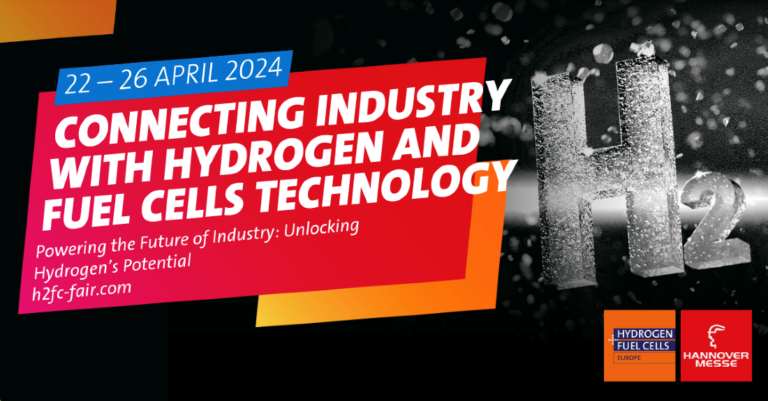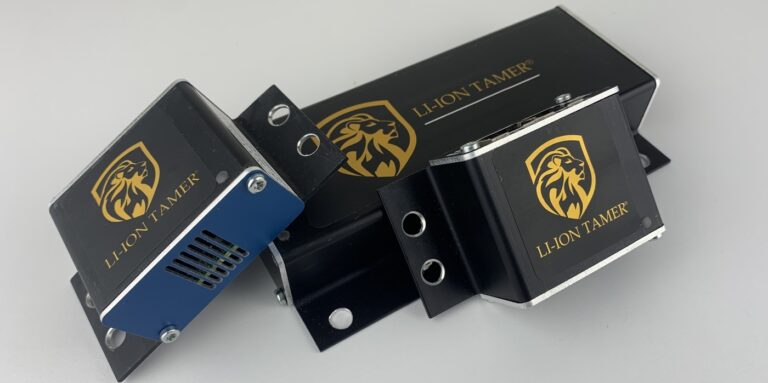Aviation & Transportation
Aviation
The driving force to move toward high-energy density storage capability of lithium-ion batteries in the aviation industry is evident – weight is paramount when you are in the air. But, so is safety. The Radio Technical Commission for Aeronautics (RTCA) is actively revising their recommendations to improve the safety of rechargeable lithium-ion battery systems that are permanently installed on aircraft. The RTCA standard defines three distinct venting categories pertaining to how off-gas emissions are vented within the battery system design and requires manufacturers to declare the venting category for their battery.
In the Nexceris Sensors division, Li-ion Tamer® systems can be used to provide monitoring of all venting categories outlined in the RTCA standards. Doing so can improve the situational awareness of your system, while providing valuable warning of a failing battery.
Electric Vehicles
Electric vehicle adoption worldwide is on the rise, with lithium-ion batteries being the source of energy in many different consumer vehicles. Battery off-gas detection is one of the many crucial safety measures necessary to safely implement lithium-ion technology in the automotive industry.
After 10 years of research and development, Nexceris has developed the Li-ion Tamer® off-gas sensors, which are now commercially available through Honeywell and Xtralis’ distribution channels. Integration of the off-gas sensors in EV battery packs can help stop ongoing battery abuse and prevent catastrophic failure, protecting property and strengthening brands.
Marine
Marine battery safety requirements are developing quickly as adoption of battery systems is beginning to grow. The current regulations are a mix of prescriptive and risk-based rules and include scope concerning off-gassing of batteries. One of our sensor systems can be used to mitigate risks associated with off-gassing of cells.
In the Nexceris Sensors division, Li-ion Tamer® for lithium-ion battery systems can be used to provide monitoring of all venting categories outlined in RTCA standards.
Diesel Powered Vehicles
Nexceris Updates

What are the Benefits and Best Applications of Cathode Powders? A Closer Look at LSM20-HP, LSC, and PNO
Cathode powders are materials that can be used in various electrochemical applications, such as solid oxide fuel cells (SOFCs), solid oxide electrolysis cells (SOECs), gas sensors, and more. Due to their unique properties and performance characteristics, Lanthanum Strontium Manganite (LSM20-HP), Lanthanum Strontium Cobaltite (LSC), and Presidium Nickel Oxide (PNO) are beneficial materials.

Nexceris and FCM attending H2 + FC EUROPE 2024
Nexceris and Fuel Cell Materials (FCM) are excited to participate in Hydrogen + Fuel Cells (H2 + FC) EUROPE, Europe’s largest trade fair for hydrogen and fuel cells. H2 + FC EUROPE offers a unique combination of exhibitions, two forum areas, and networking events to promote synergy and cross-industry cooperation between different technologies dedicated to solving global energy challenges.

National Lab Testing Demonstrates Value in Early Detection
Sandia National Laboratory recently conducted third-party testing to determine the state of stability of lithium-ion (Li-ion) batteries. Li-ion Tamer (Gen2 system) was included in the testing and demonstrated good results for its ability to improve Li-ion battery safety through off-gas detection.
